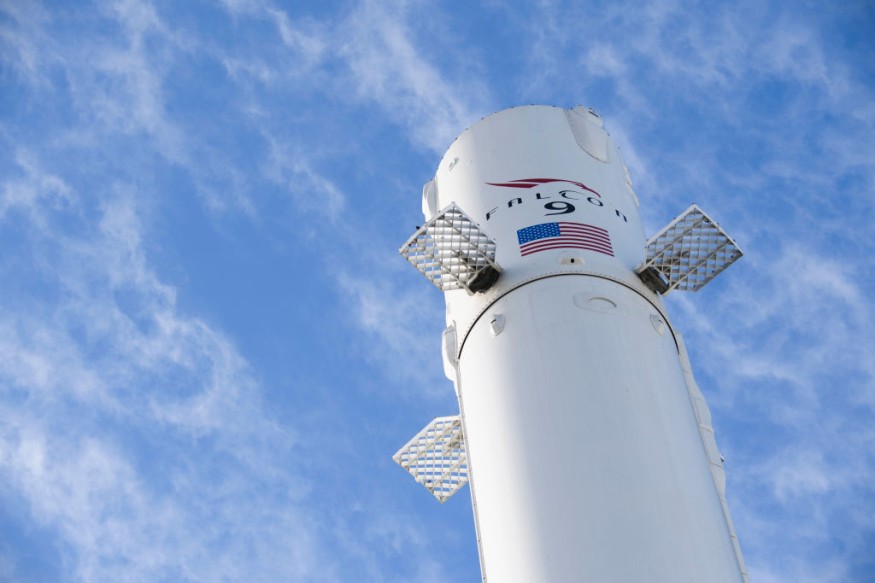SpaceX's Inspiration4 crew will conduct four experiments in orbit for Baylor College of Medicine's Translational Research Institute for Space Health (TRISH) during their trip.
These four ordinary individuals will be testing new medical technologies that will enable future astronauts to spend more time and fly farther in space, SpaceRef said. However, their trip to low-Earth orbit is only three days long.
Inspiration4 Mission Will Conduct Health Research on Spaceflight
Mobi Health News said Inspiration4 crew, who will launch in mid-September, will undertake a range of studies to see how spaceflight affects the human body.
SpaceX, TRISH, and Weill Cornell Medicine researchers will collect environmental and biomedical data, as well as biological samples, from the four crew members.
The four-person crew will collect data on ECG activity, movement, sleep, heart rate, blood oxygen saturation, and noise and light levels in the cabin.

They'll also use an app to analyze cognitive function, use an ultrasound gadget with artificial intelligence to instruct non-clinicians, collect and test blood samples, and assess balance and perception before and after the trip.
The data from the three-day orbital trip will be uploaded to an open repository for other researchers to utilize.
Inspiration4's Health Research to Benefit Those Living With Limited Healthcare Access
The technologies utilized in the expedition might benefit those of us who remain stranded on Earth, especially those who live in isolated or rural regions with limited access to healthcare.
According to Life in Rural America, 26 percent of individuals polled indicated they required healthcare in the last few years but didn't obtain it. Twenty-three percent stated the provider was too far away, and 22 percent said they couldn't get an appointment within their accessible hours.
Hospital closures in rural locations in the United States are also limiting access. According to the University of North Carolina's Cecil G. Sheps Center for Health Services Research, 138 rural hospitals in the United States have closed since 2010.
Inspiration4's Health Research to Benefit Astronauts, Too
Telehealth, virtual care, and digital health have grown in popularity on Earth. Still, they're essential for astronauts as NASA prepares for a long trip to Mars.
Experts said in the same Mobi Health News that the research is also critical for the growth of commercial spaceflight. For the time being, most of those who have gone to space have worked for NASA or other government agencies. They've been training for years, have had numerous layers of screening, and are "extremely, extremely healthy" overall.
However, when civilian spaceflight becomes more accessible, more women, persons from other demographic and cultural origins, and those who aren't as healthy as the average astronaut will travel to space.
Experts believe that digital health technologies and health technology will someday allow researchers to assess the physical impact of spaceflight on individuals.
RELATED ARTICLE : SpaceX All-Civilian Spaceflight: Inspiration4 to Take Giant Leap to Futuristic Goal of Sending Humans to Space
Check out more news and information on Space in Science Times.











